African Media in a Global Age
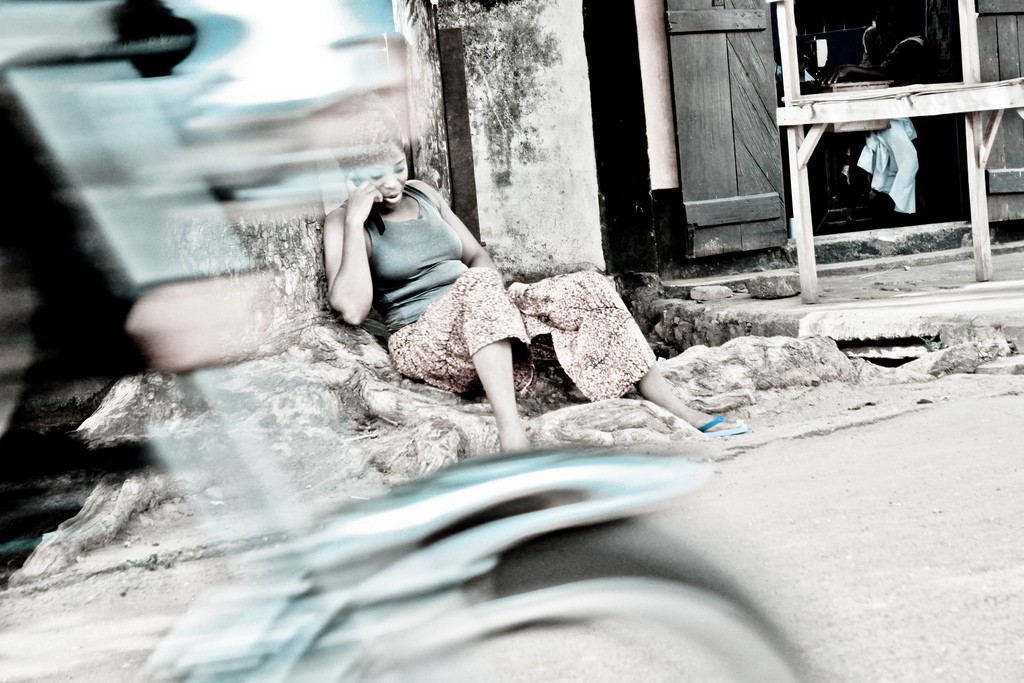
The London School of Economics and Political Science (LSE) and the University of Cape Town (UCT) offer the 3rd LSE-UCT July School on 29 June-10 July 2015. This innovative two-week programme provides students, graduates and professionals from across the globe an opportunity to study important social sciences issues relevant to Africa today. The programme is taught by faculty from the University of Cape Town and LSE, two of the world’s leading institutions for teaching and research.
What is the course about?
Recent developments suggest that the African continent is no longer merely at the receiving end of Western media and technology but is actively shaping its own communicative ecologies. The liberalisation of Africa’s media landscape has given way to new privately-owned newspapers, radio and television stations which is changing the relation between the state, media and political parties. Despite persistent digital divides, the tremendous increase in mobile phone use is not only impacting the lives of ordinary people but is also transforming the way in which journalists operate. Nigeria’s video industry and a rising number of pan-African news media channels are beginning to offer alternatives to dominant Western cultural forms. China’s growing presence in Africa is altering patterns of trade, aid and media assistance, while at the same time contributing to sharply divided global media debates.
This course examines these recent changes and explores the role of old and new media in transforming and communicating politics, development and social change on the African continent. Drawing on a range of cases from different parts of Africa, the course introduces students to key concepts and critical theoretical perspectives in political communication, global media studies, and development communication. The first part of the course examines the history of African media, the governance and regulation of media, the role of media in elections and nationalism, and the way in which new media are transforming the practice of journalism. The second part of the course situates African media within a global context and examines contesting media narratives of Africa, the impact of changing geopolitical relations on media landscapes, the role of media in citizen participation and the impact of mobile phones on social relations in everyday contexts. Lectures and seminars will be provided by LSE and UCT faculty and will be supplemented with guest lectures delivered by journalists and media professionals. The course also includes a student field visit to a media institution in Cape Town.
Please find further details on LCS-MC201 African Media in a Global Age here:
http://www.lse.ac.uk/study/summerSchools/LSEUCTJulySchool/Courses/LCS-MC201.aspx
Full course outline:
http://www.lse.ac.uk/study/summerSchools/LSEUCTJulySchool/Courses/pdf/2015/LCS-MC201-2015.pdf
How to apply:
http://www.lse.ac.uk/study/summerSchools/LSEUCTJulySchool/How-to-Apply.aspx
Bursaries for African nationals and current LSE students (application deadline: 31 March 2015):
http://www.lse.ac.uk/study/summerSchools/LSEUCTJulySchool/bursaries.aspx
Image via Flickr
 New PhD opportunities at the University of Leicester
New PhD opportunities at the University of Leicester Call for Abstracts: New Directions in Media, Communication and Sociology (NDiMS) Conference
Call for Abstracts: New Directions in Media, Communication and Sociology (NDiMS) Conference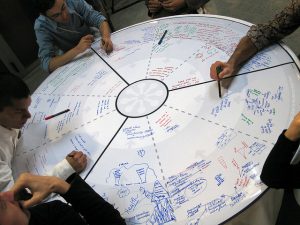 Ørecomm Team to Gather at the University of Coimbra
Ørecomm Team to Gather at the University of Coimbra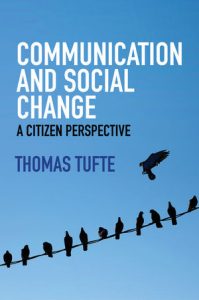 “Communication and Social Change – A Citizen Perspective” Published
“Communication and Social Change – A Citizen Perspective” Published C4D Network to Sum Up Global Communication for Development Practice
C4D Network to Sum Up Global Communication for Development Practice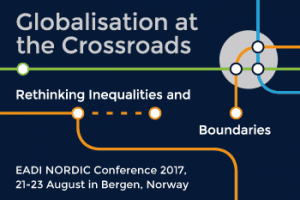 Entering Media and Communication into Development Conferences?
Entering Media and Communication into Development Conferences?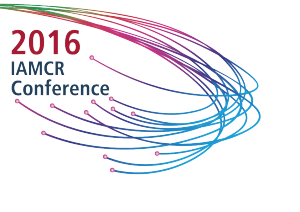 IAMCR Conference 2016: Communication for Development Highlights
IAMCR Conference 2016: Communication for Development Highlights Glocal Classroom Revisited – Storytelling & Social Change Leicester-Malmö
Glocal Classroom Revisited – Storytelling & Social Change Leicester-Malmö I EvalComDev International Conference: Call for Papers
I EvalComDev International Conference: Call for Papers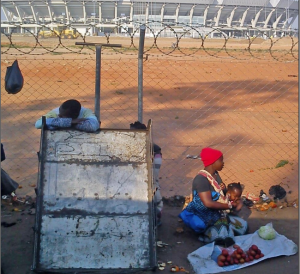 Looking for Media and Communication in Development Conferences: Devres 2016
Looking for Media and Communication in Development Conferences: Devres 2016